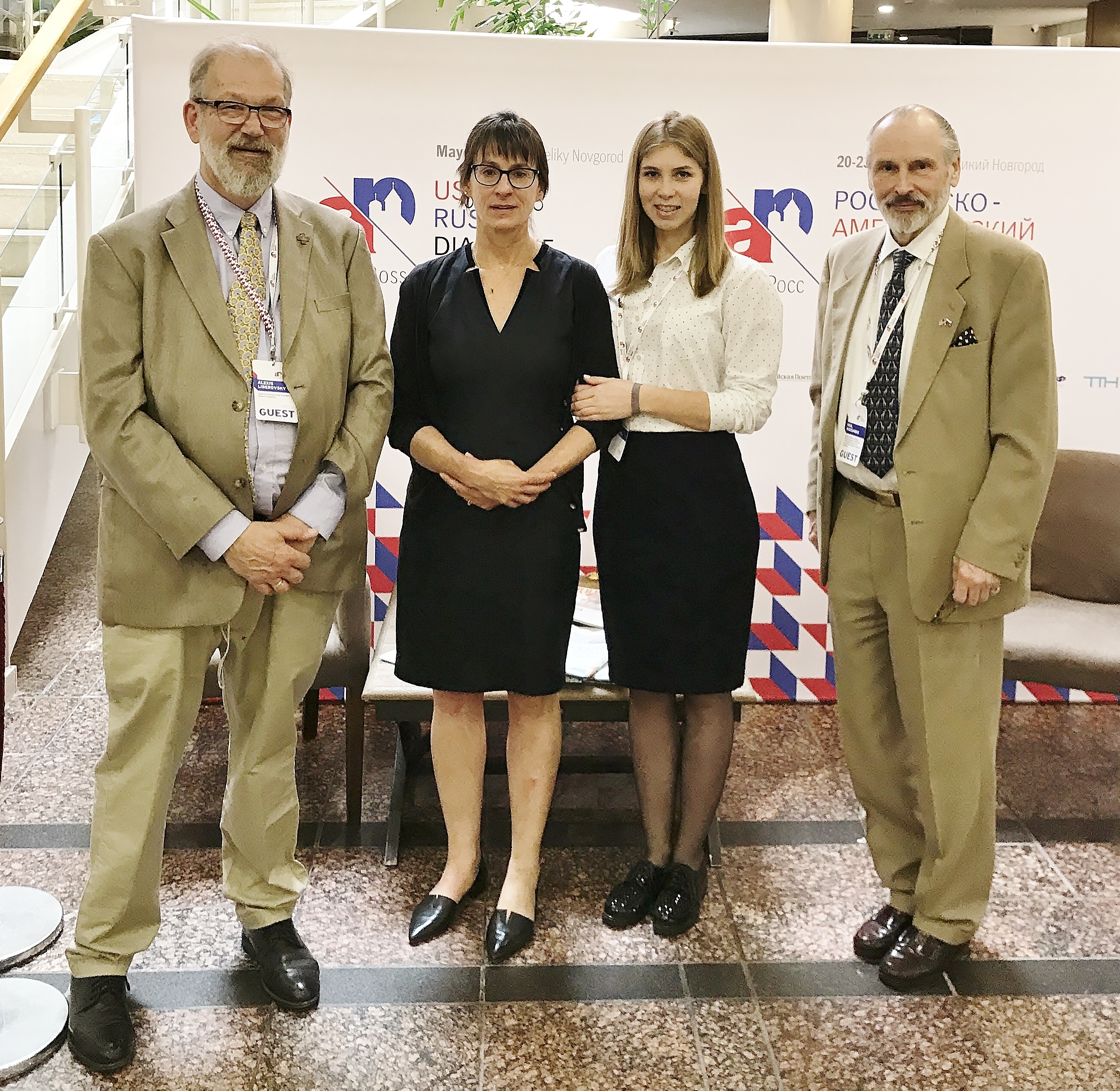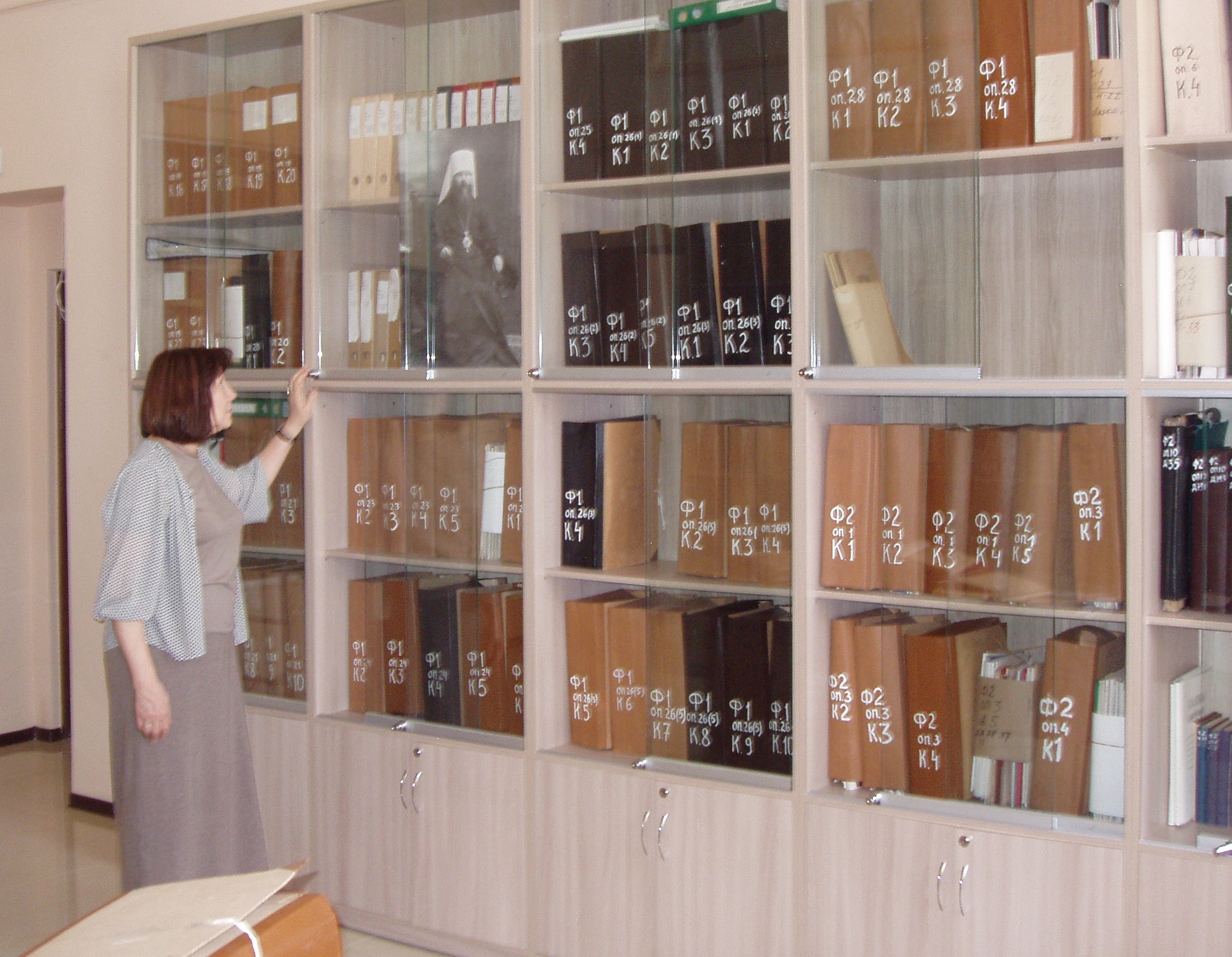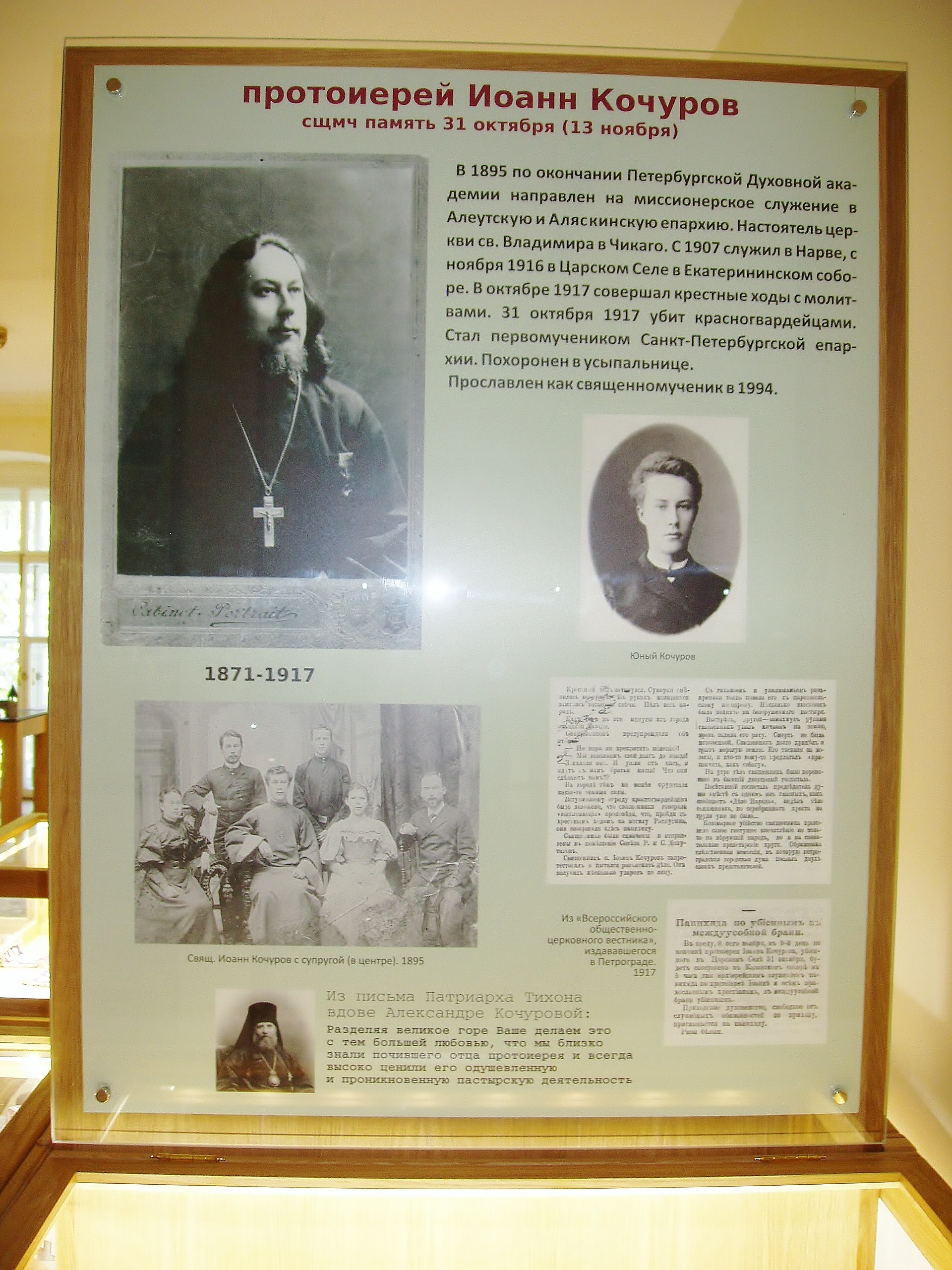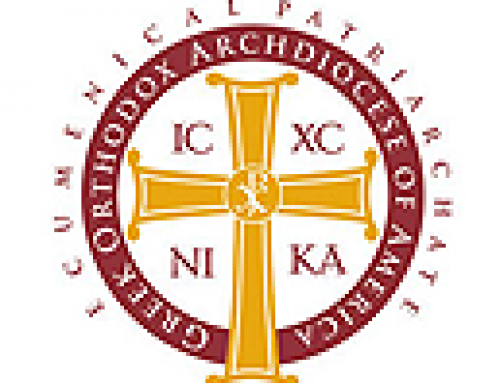This post was originally published on this site

With the blessing of His Beatitude, Metropolitan Tikhon, Alexis Liberovsky, Archivist of the Orthodox Church in America, participated in the Fort Ross Dialogue Conference in Veliky Novgorod, Russia, and conducted preliminary research at the Russian State Historical Archives in Saint Petersburg in May 2018.
The Conference’s formal proceedings opened on Monday, May 21 with several hundred participants in attendance. Welcoming remarks were offered by Mikhail Shvydkoy, Special Representative of the Russian President on International Cultural Cooperation; Alexander Pankin, Deputy Foreign Minister; Thomas Leary, Minister-Counsellor for Public Affairs of the US Embassy in Russia; Andrey Nikitin, Governor of the Novgorod Region; and others. The remainder of the opening day was devoted to archives and museums, with both American and Russian specialists delivering brief presentations on the contents of their respective collections, especially those associated with Russian-American relations or collaborative projects they have undertaken. Alex presented a paper on the history of the formation of the OCA Archives.
The second and final day of the conference was devoted to cybersecurity and energy issues.
“I was the first Church representative to be invited to speak at a Fort Ross Dialogue conference—six have been held in the US and two in Russia since 2012,” Alex explained. “While many of the presentations during the archival segment of the conference touched upon the history of the Orthodox Church in both Russia and America—particularly Alaska—my own presentation was the only one that offered a perspective from the Church. In conversation with persons who have significant input towards the content of the Fort Ross Dialogue Conferences, I suggested that representatives of both the Russian Orthodox Church and the Orthodox Church in America be invited to speak in order to not neglect exploration of the spiritual contributions of the Church to the history of Russian-American relations.

“The conference allowed me to connect or reconnect with several Russian and American archivists, historians and specialists, including Yury Matveev and Elena Agalakova, Foreign Ministry officials who had visited the OCA Archives two years ago; Larisa Rogovaya, Director of the State Archives of the Russian Federation; and Alexander Petrov of the Russian Academy of Sciences,” Alex continued. “Dr. Petrov had conducted research in the OCA Archives in 2013, at which time he had met with Metropolitan Tikhon. He will be returning to the US this fall for additional research focusing on analyzing the creation and preservation of traditions in the OCA and to what extent these traditions have been inherited from Russia or are unique to the American Church.”
Alex also established new connections with Sarah Sweedler, CEO of the Fort Ross Conservancy; Inga Yumasheva, a member of the State Duma; and Nikita Krylov, Senior Expert of the Information and Document Research Department of the State Historical Archives, who was his co-presenter at the conference.
“Mr. Krylov is a faithful Orthodox Christian who is the leading expert on Church-related material in the State Historical Archives and greatly assisted my research at that repository upon my return to Saint Petersburg after the conference,” Alex added.
A member of the OCA Archives Advisory Committee, Archpriest Vladimir von Tsurikov, also spoke at the conference in his capacity as Director of the Museum of Russian Art, Minneapolis, MN.
“While the brevity of the conference provided little time for detailed discussion of concrete future collaboration, it brought together a unique and diverse group of archival specialists and laid the groundwork for fruitful cooperation among them and the institutions they represent,” Alex said. A booklet titled Archives and Museums of Russian America, published in conjunction with the conference, includes an article authored by Alex that prominently highlights the OCA Archives.
After the conference, Alex returned to Saint Petersburg, where he conducted research in the State Historical Archives, which contain the files of the Imperial government during the period that the city served as Russia’s capital.
“Among these collections are the Archives of the Holy Synod, which contain much material on the Church in America from its establishment in 1794 until the 1917 Revolution,” Alex explained. “There is also material on the Church in America contained in the repository’s other collections—archives of other government entities in Imperial Russia. During my three brief days at the State Archives, I was only able to begin to familiarize myself with the very extensive holdings related to the Church in America, spanning several hundred cards in the catalog, and made note of those of highest importance for future study.”

“The material on our Church in the State Historical Archives is significant and fascinating,” Alex continued. “Included in the collections are documents handwritten by the North American saints, most importantly by Saints Innocent and Tikhon. These archives provide for us the proverbial ‘other side of the coin’ in documentation on the Church America. Numerous documents, including both those sent from America to the Church in Russia, of which, in some cases, no copies were retained in America, and those detailing discussion and decisions of the Holy Synod and other government ministries on the Church in America, that are held in the State Historical Archives, must be thoroughly researched to construct a fuller picture of our Church’s history.”
Alex also visited the Archives and Museum of the Saint Petersburg Diocese, whose collections date back to the 1940s and also include resources on the Church in America.
“The Fort Ross Dialogue provided significant visibility for the Orthodox Church in America and its Archives,” Alex concluded. “Already, I have been extended an invitation to the next Fort Ross Dialogue conference in San Francisco in October 2018. As to archives in Russia, extensive research on the Church in America is needed at the Russian State Historical Archives in Saint Petersburg as well as other repositories in Russia, in order to continue developing the narrative of our Church’s history.”


